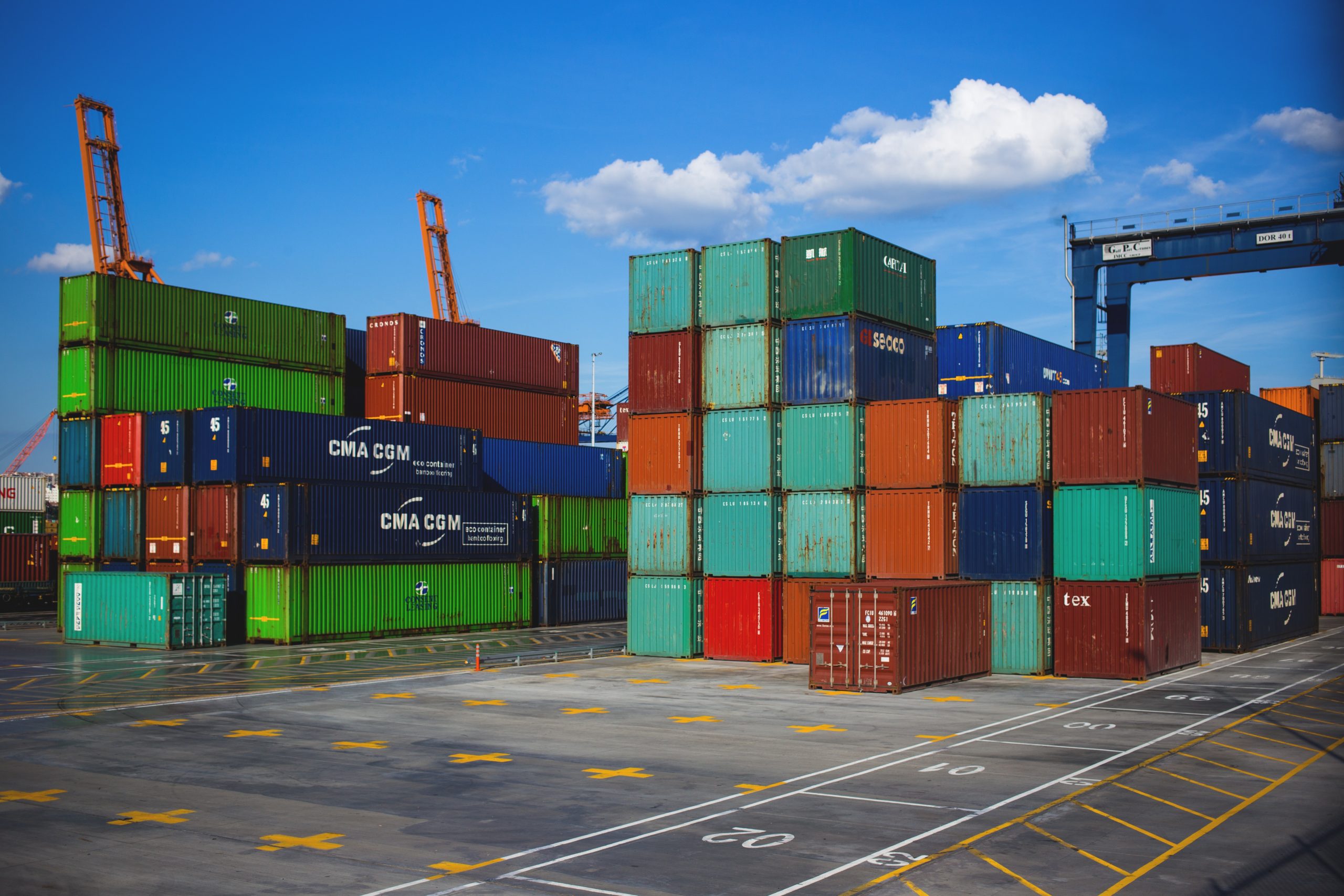Updated: 30.11.2020
Brexit readiness – The clock is ticking
With the UK’s Brexit transition period nearing its end, companies affected by Customs Duty – to say, those that import or export goods into or from the UK – must act now.
It is crucial that such businesses ensure that they are fully equipped to deal with any Customs processes they will be required to implement from 1 January 2021.

How will Customs Duty change for UK based companies after we leave the EU?
Customs duty and customs compliance impacts businesses in many ways, from the terms of trade, the storage and warehousing of goods as well as methods of distribution, all of which impose regulatory requirements on businesses.
Currently, the majority of EU trade with the UK does not create any Customs reporting issues. However, when we leave the EU on 31/12/2020, these rules will change and Customs Declarations will be required to be made. Failure to do so, or to submit accurate paperwork may result in your goods being held up, under or over payments for duty costs and/or penalties for incorrect declarations.
Regardless of whether a trade deal is agreed, UK businesses will need to complete Customs declarations in respect of EU trade.
Helping you prepare with our bespoke training workshops
To help companies navigate changing duty processing requirements, experts from our specialist VAT division will be delivering training workshops in conjunction with experienced Customs Duty professionals who provide specialist advice to UK importers and exporters alike.
Our training workshops are entirely bespoke and can be delivered remotely or on client premises if social distancing measures allow. Each workshop will be tailored based on specific requirements, and businesses have the flexibility to choose the content based on what is most relevant to them.
A selection of topics available
- Brexit – the current position
- Third Country – what does it mean?
- EORI
- Single Administrative Document (C88)
- How to complete a customs declaration
- Who is responsible for completing customs declarations?
- Customs Declarations
- Understanding key data
- Goods in Transit
- Special Procedures
- CHIEF data entry
- Low value consignments
- Import VAT
- Fiscal representation
- Penalties for non-compliance
- Common issues
- System processes and automation
The cost for attending the training workshops can be recovered through Government funding, further information for which can be found here. HMRC has recently updated its customs grant scheme to help more people access the funding, extending eligibility criteria to include:
Customs intermediaries
This includes customs brokers, freight forwarders and express parcel operators – as well as traders who complete their own declarations – who may now benefit from the new co-funded training project under General Block Exemption Regulations (GBER).
New traders
Traders who are new to customs can apply for grants of up to £1,000 per organisation to support the cost of basic customs training.
Authorised Economic Operator (AEO)
Businesses with Authorised Economic Operator (AEO) status who have had a base in the UK for less than 12 months can also access the grant scheme.
Register your interest
To register your interest for our bespoke training workshops, please click here.
View in flyer format



